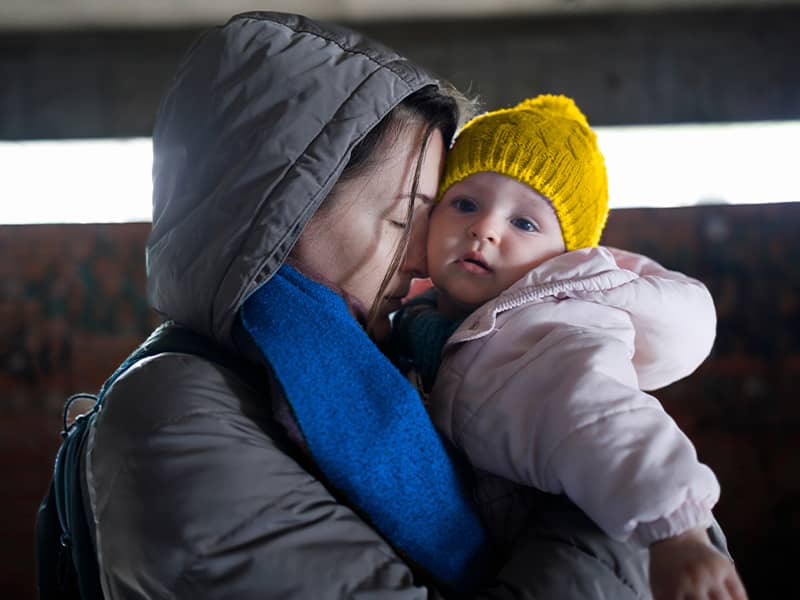KARACHI, March 25 (AFP) - More than 30,000 police and paramilitary troops were deployed in southern Pakistan Sunday to ensure peace during the Islamic holy month of Moharram, officials said.
"Over 30,000 police and paramilitary forces have been deployed in Karachi and some other parts of Sindh province as precautionary measures for Moharram, " provincial police chief Aftab Nabi told AFP.
Interior ministy officials said similar arrangements had been made in central Punjab and North West Frontier Province after declaring dozens of places sensitive districts.
Moharram, the Muslim calendar's first month, starts Tuesday and the annual rituals commemorating the 7th century martyrdom of Imam Hussain, a grandson of prophet Mohammad, will climax on the 10th of the holy month.
The increase in security follows a spate of sectarian violence, including a grenade attack on a minority Shiite camp in Karachi on Saturday, killing one and injuring three others.
Almost simultaneously another grenade hurled into a mosque belonging to the majority sect of Sunni Muslims in the northwestern city of Dera Ismail Khan killed one and injured nine worshippers.
Two others were killed in sectarian violence in the same town last week.
Pakistan has witnessed a sudden upsurge in sectarian violence since the February 28 execution of Sunni extremist Haq Nawaz for the 1990 murder of Iranian diplomat Sadiq Ganji in the eastern city of Lahore.
A day after the execution, 14 people were killed in the northwestern town of Hangu while 12 people were killed in another clash in the Punjab town of Sheikhupra on March 4.
Nine people were massacred in Lahore on March 12 when gunmen sprayed bullets at worshippers during evening prayers in a Sunni mosque.
Officials said police helped by paramilitary troops will escort religious processions and provide cover around places of worship.
"We have also called the reserve police force for the month because of sectarian tension," Nabi said, adding that paramilitary forces started patrolling Karachi Sunday.
The government has also restricted movement of some 200 Shiite and Sunni scholars for one month.
Those banned include Azam Tariq, chief of Sunni extremist group Sipah-i- Sahaba Pakistan (SSP) and Sajid Naqvi, chief of the Shiite political party Tehreek-i-Jafria Pakistan (TJP), officials said.
The Pakistan army will remain on alert and can be used in case of any emergency in any part of the country, military spokesman Major General Rashid Qureshi said.
"Troops can be deployed on request from the local administration in case of any out break of violence," he said.
The cabinet of military ruler General Pervez Musharraf last week decided to take strict action against extremist parties with the possibility of imposing bans on parties and groups fanning sectarian violence.
The Shiite population forms about 20 per cent of the 140-million Sunni-dominated Pakistan. Sectarian violence has claimed more than 3,000 lives over the past 10 years.
2016-07-27
2016-07-27
Join Beliefnet Today!
more from beliefnet and our partners

